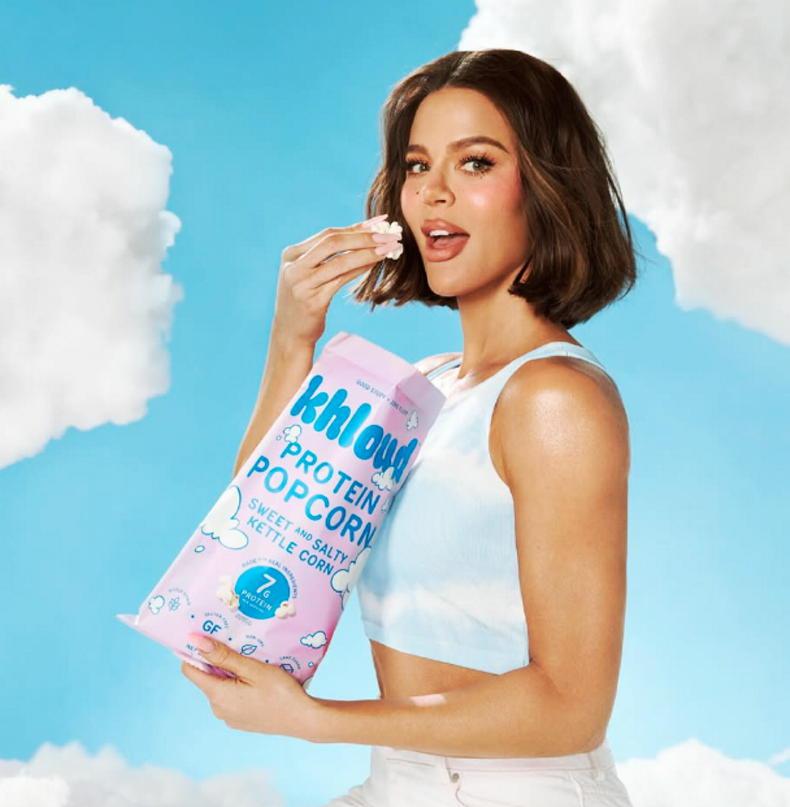So here we are – we have Wicklow chicken from Kerry Group though the critical ingredients are sourced in the Netherlands. Irish whiskey from Irish Distillers, owned by one of the giants of world beverage production, French company Pernod Ricard, using imported maize as its primary source of starch rather than Irish malting barley. And just last week, the Irish Farmers Journal carried the disturbing news of skim milk powder being imported and incorporated into infant formula manufactured here in Ireland.
A number of issues arise. We can have no problem with food manufacturers in Ireland using imported raw materials, that is what international trade is all about. However, imagine going into a restaurant either in France or elsewhere and ordering a bottle of champagne but then being told, oh by the way, the champagne house ran out of grapes and imported some from elsewhere in France or abroad.
Not only would there be uproar, but there would also be court cases where it would be claimed that the strict Appellation d’Origine Controlée (AOC) legislation was being broken.
Irish farmers, Government agencies such as the Department of Agriculture and the Food Safety Authority, as well as Bord Bia, have all combined over the last 20 or so years to elevate Ireland’s reputation as a food producer of high quality. Quality includes taste, safety and the newly fashionable term – provenance – involving both origin of ingredients and history.
The French have been doing this with the wine industry for centuries, as have the Italians with their Parma ham and cheeses and the list goes on.
Ireland has now joined that list and the quality, safety and provenance of our food has gained enormous credibility around the world. But it all starts with the farmer and their adherence to production standards that meet the most demanding requirements.
It’s this teamwork that has made Irish, in terms of food and drink, a badge of quality. But if this Irish quality risks being undermined by the inclusion of ingredients that do not match the perceptions and wishes of our foreign consumers, then something needs to be done to safeguard and enhance our hard-won reputation.
Ornua (the Irish dairy board) does precisely this with Kerrygold butter and we can see the results in Germany and the US, but who oversees this in other parts of the food business that designate their product as Irish when in fact they are hiding behind legal terminology rather than basic truth.
We have built up a real food and drink reputation at very significant cost, much of that cost has been met by farmers through the payment of Bord Bia and veterinary levies as well as adherence to expensive standards. Now is the time to review and see what criteria do we really want to set to qualify for the designation “Irish food” or “Irish drink”.
Farmers have a legitimate interest in how this review is conducted, as does the Government through the Department of Agriculture, Food and the Marine, as well as Bord Bia and the industry.
But that said, a review is needed on the issue of raw material being used in food labelled as Irish. The subject needs to be aired and clear rules agreed and observed with sanctions available to be applied.
Read more
Angela's Kerrygold regrets
Exclusive: infant formula companies import cheaper SMP
So here we are – we have Wicklow chicken from Kerry Group though the critical ingredients are sourced in the Netherlands. Irish whiskey from Irish Distillers, owned by one of the giants of world beverage production, French company Pernod Ricard, using imported maize as its primary source of starch rather than Irish malting barley. And just last week, the Irish Farmers Journal carried the disturbing news of skim milk powder being imported and incorporated into infant formula manufactured here in Ireland.
A number of issues arise. We can have no problem with food manufacturers in Ireland using imported raw materials, that is what international trade is all about. However, imagine going into a restaurant either in France or elsewhere and ordering a bottle of champagne but then being told, oh by the way, the champagne house ran out of grapes and imported some from elsewhere in France or abroad.
Not only would there be uproar, but there would also be court cases where it would be claimed that the strict Appellation d’Origine Controlée (AOC) legislation was being broken.
Irish farmers, Government agencies such as the Department of Agriculture and the Food Safety Authority, as well as Bord Bia, have all combined over the last 20 or so years to elevate Ireland’s reputation as a food producer of high quality. Quality includes taste, safety and the newly fashionable term – provenance – involving both origin of ingredients and history.
The French have been doing this with the wine industry for centuries, as have the Italians with their Parma ham and cheeses and the list goes on.
Ireland has now joined that list and the quality, safety and provenance of our food has gained enormous credibility around the world. But it all starts with the farmer and their adherence to production standards that meet the most demanding requirements.
It’s this teamwork that has made Irish, in terms of food and drink, a badge of quality. But if this Irish quality risks being undermined by the inclusion of ingredients that do not match the perceptions and wishes of our foreign consumers, then something needs to be done to safeguard and enhance our hard-won reputation.
Ornua (the Irish dairy board) does precisely this with Kerrygold butter and we can see the results in Germany and the US, but who oversees this in other parts of the food business that designate their product as Irish when in fact they are hiding behind legal terminology rather than basic truth.
We have built up a real food and drink reputation at very significant cost, much of that cost has been met by farmers through the payment of Bord Bia and veterinary levies as well as adherence to expensive standards. Now is the time to review and see what criteria do we really want to set to qualify for the designation “Irish food” or “Irish drink”.
Farmers have a legitimate interest in how this review is conducted, as does the Government through the Department of Agriculture, Food and the Marine, as well as Bord Bia and the industry.
But that said, a review is needed on the issue of raw material being used in food labelled as Irish. The subject needs to be aired and clear rules agreed and observed with sanctions available to be applied.
Read more
Angela's Kerrygold regrets
Exclusive: infant formula companies import cheaper SMP









SHARING OPTIONS